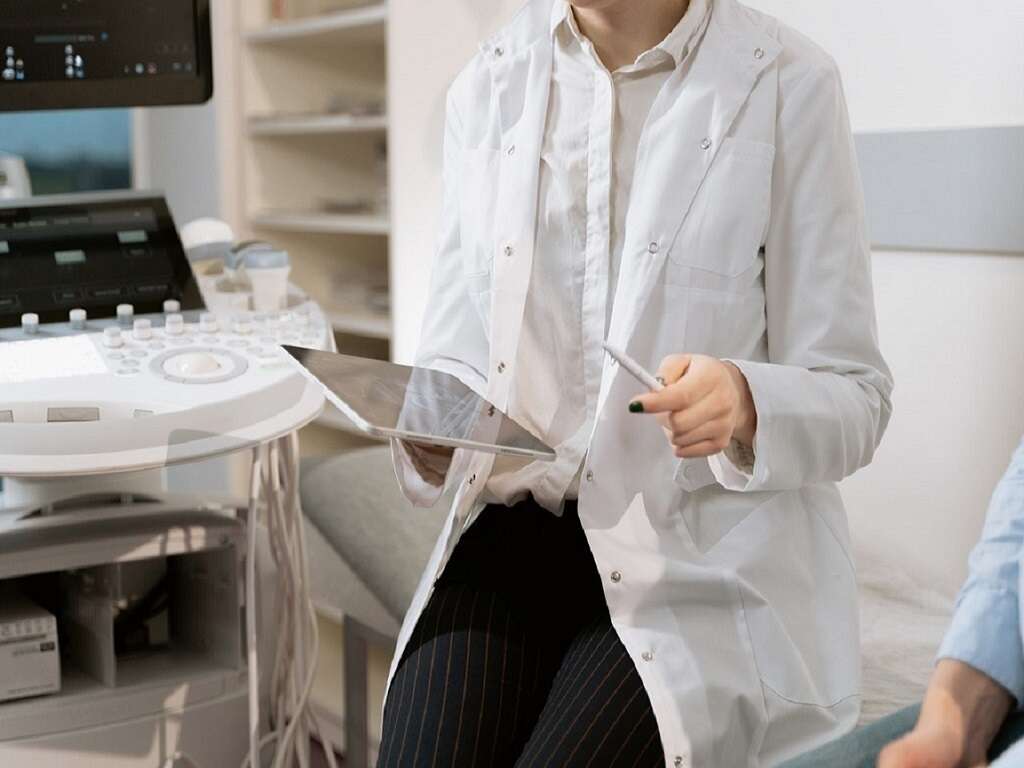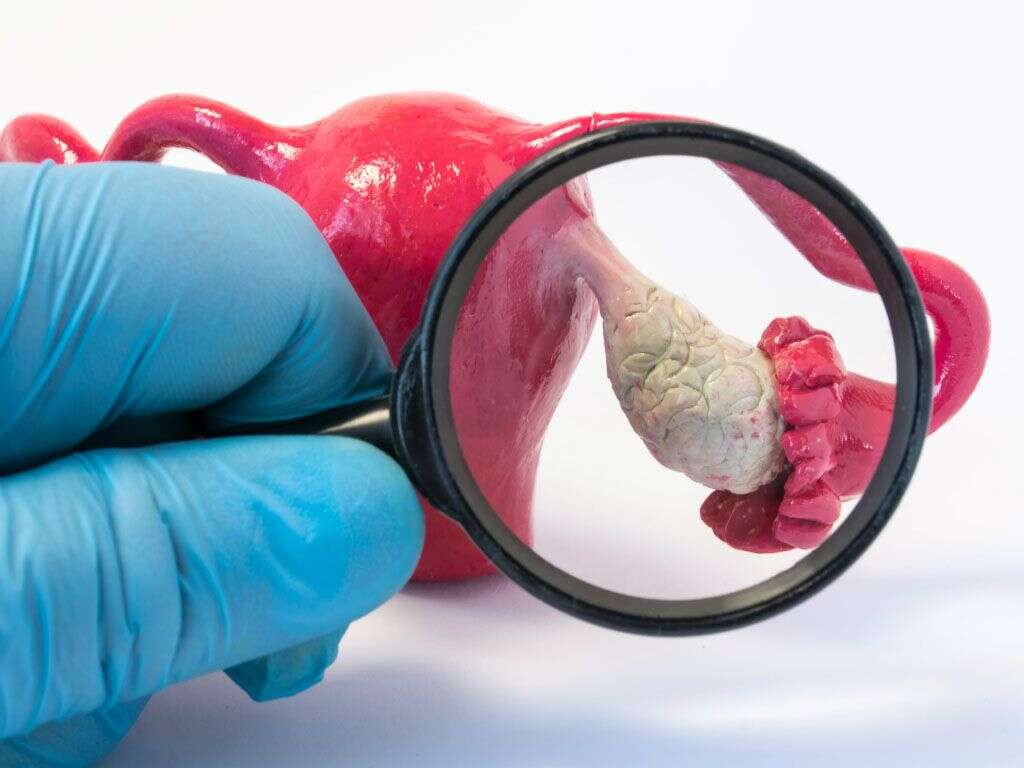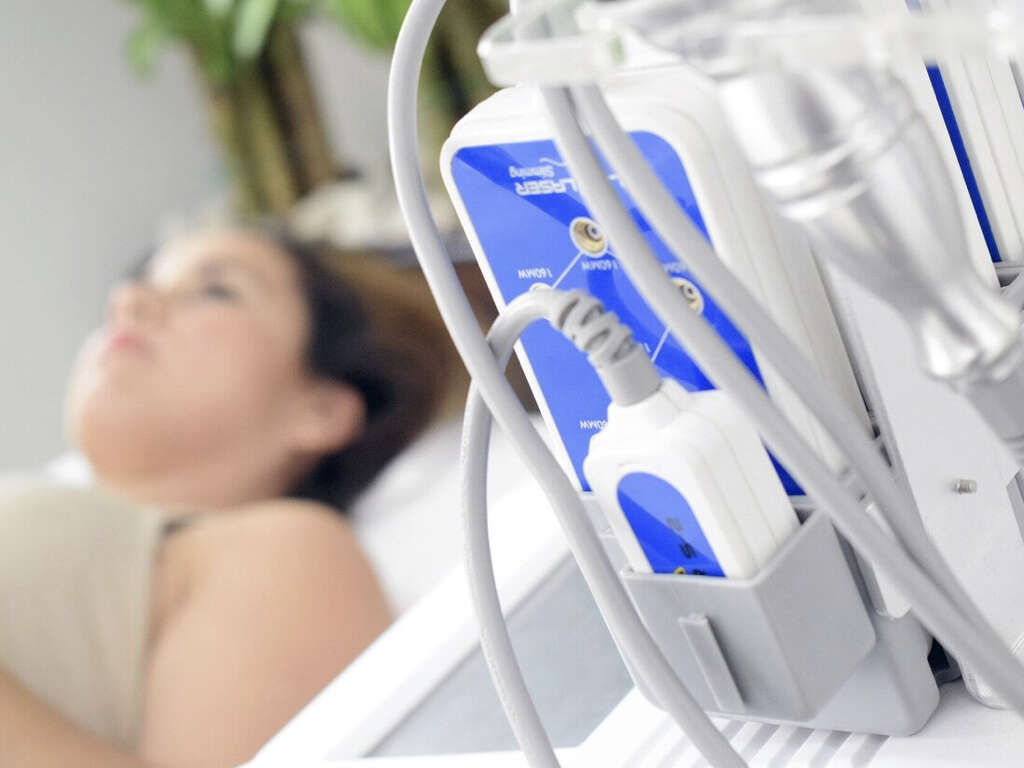Galactorrhea Symptoms, Causes and More
 Article Sources
Article Sources
- 1. Leung, Alexander K.C., and Daniele Pacaud. ‘Diagnosis and Management of Galactorrhea.’ American Family Physician, 1 Aug. 2004, aafp.org/afp/2004/0801/p543.html
- 2. 'Evaluation and Management of Galactorrhea.’ pubmed.ncbi.nlm.nih.gov/22962879/
- 3. Galactorrhea By John D. Carmichael, et al. ‘Galactorrhea - Hormonal and Metabolic Disorders.’ Merck Manuals Consumer Version, Merck Manuals, merckmanuals.com/home/hormonal-and-metabolic-disorders/pituitary-gland-disorders/galactorrhea
- 4. Education, Pediatric, and Pediatric Education. ‘How Long Does Neonatal Galactorrhea Last?’ PediatricEducation.org™, pediatriceducation.org/2020/05/25/how-long-does-neonatal-galactorrhea-last/
- 5. 'Chiari Frommel Syndrome.’ NORD (National Organization for Rare Disorders), rarediseases.org/rare-diseases/chiari-frommel-syndrome/
- 6. 'Galactorrhea in Teens: Care Instructions.’ MyHealth.Alberta.ca Government of Alberta Personal Health Portal, myhealth.alberta.ca/health/AfterCareInformation/pages/conditions.aspx?hwid=av2818
- 7. Leung, Alexander K.C., and Daniele Pacaud. ‘Diagnosis and Management of Galactorrhea.’ American Family Physician, 1 Aug. 2004, www.aafp.org/afp/2004/0801/p543.html
Galactorrhea occurs when the nipples leak a milky discharge in women who are not pregnant or breastfeeding. It can also occur in men and babies, but it's more prevalent among women aged 20 to 35. It may occur in one or both breasts.
The secretion isn't the same as the milk that's secreted during and after pregnancy. Alarming as it may be to see milk or a milk-like substance leaking from the nipple, it's typically not a serious symptom. However, there are rare cases in which galactorrhea may indicate an underlying condition that requires medical attention.

Symptoms
The common symptom of galactorrhea is an intermittent or persistent secretion of a milky discharge from one or both nipples.1Leung, Alexander K.C., and Daniele Pacaud. ‘Diagnosis and Management of Galactorrhea.’ American Family Physician, 1 Aug. 2004, aafp.org/afp/2004/0801/p543.html The discharge may occur spontaneously or when the nipple is squeezed. Other symptoms of galactorrhea can include irregular or absent menstrual periods, vision problems and headaches.
Stimulation of one or both breasts during sexual activity may also trigger nipple discharge. This shouldn't be cause for worry, but a person may want to see a doctor if these symptoms occur. If the nipple discharge is clear, yellow or bloody and there's a lump in the breast, prompt medical attention is required.

Causes
There are several possible causes of galactorrhea. Some people may have idiopathic galactorrhea, which means it has no clear cause identified.2‘Evaluation and Management of Galactorrhea.’ pubmed.ncbi.nlm.nih.gov/22962879/ In this case, the breast tissue may have a higher-than-usual sensitivity to certain hormones.
Prolactinoma and other pituitary gland tumors are common causes of galactorrhea.3Galactorrhea By John D. Carmichael, et al. ‘Galactorrhea - Hormonal and Metabolic Disorders.’ Merck Manuals Consumer Version, Merck Manuals, merckmanuals.com/home/hormonal-and-metabolic-disorders/pituitary-gland-disorders/galactorrhea These tumors may press against the pituitary gland, causing it to produce more prolactin, a hormone responsible for lactation. Other possible causes of galactorrhea include hypothyroidism, certain medications, long-term kidney conditions and liver disorders.

Diagnosis
Galactorrhea may indicate an underlying health issue, so it's wise to see a doctor. The doctor will use tests and exams to arrive at a diagnosis. They will start with a physical exam to determine the nature of the discharge and check all the medications you are taking.
To narrow down the potential causes, the doctor will perform blood tests and lab tests on the nipple discharge. A CT scan or MRI may be necessary if the doctor suspects pituitary tumors.

Galactorrhea in Newborns
Galactorrhea can occur in some newborns as a result of the influence of the mother's hormones on the fetus. In such cases, the infant may secrete milk for as long as two months after their birth.
Infants with galactorrhea may have larger breasts than infants without it. This form of the condition is common in infants who are nursed and less common in infants born prematurely. Galactorrhea in newborns typically resolves itself in a few months.

Chiari-Frommel Syndrome
Chiari-Frommel syndrome is a rare disorder characterized by galactorrhea and amenorrhea, or the absence of regular menstrual periods and ovulation for more than six months following childbirth.5‘Chiari Frommel Syndrome.’ NORD (National Organization for Rare Disorders), rarediseases.org/rare-diseases/chiari-frommel-syndrome/ A mother may experience these symptoms even if they're not nursing their baby.
Before the onset of Chiari-Frommel syndrome, the mother may experience a normal pregnancy and uneventful childbirth and initial lactation. However, with the syndrome, ovulation and menstrual cycles fail to resume, and persistent galactorrhea may occur, sometimes for years after the onset of the condition.

Galactorrhea in Teens
Galactorrhea in teens is characterized by the secretion of milk from the breast of a teen who's not pregnant.6‘Galactorrhea in Teens: Care Instructions.’ MyHealth.Alberta.ca Government of Alberta Personal Health Portal, myhealth.alberta.ca/health/AfterCareInformation/pages/conditions.aspx?hwid=av2818 It may occur in one or both breasts. In some cases, the discharge may occur only when the breast is touched or squeezed. This form of galactorrhea also occurs in male teens in rare cases.
Certain medications used to manage high blood pressure or depression may cause galactorrhea in teens. Likewise, certain hormone medications, such as birth control pills, may cause the condition.

Treatment
Galactorrhea can occur for several reasons, and the underlying cause determines how it's addressed. If a small prolactinoma tumor is causing the condition, the galactorrhea may resolve on its own.
In a case where medication is the cause, a person should discuss with their doctor an alternative prescription. Common problematic medications include cabergoline and bromocriptine.2‘Evaluation and Management of Galactorrhea.’ pubmed.ncbi.nlm.nih.gov/22962879/ Taking medication to reduce prolactin may help manage galactorrhea. Some prolactinoma may require surgery to remove the tumor.

Outlook
Once a doctor diagnoses galactorrhea, determines the cause and addresses the condition, most people recover fully. For example, prolactinoma and other types of pituitary gland tumors are usually harmless, and their symptoms can be managed with medication.
Meanwhile, it's advisable for a person to avoid engaging in any activity that may worsen the nipple discharge. Some things to avoid include wearing excessively tight clothing and stimulating the nipples during sexual activity.

Prevention
Galactorrhea prevention may not be possible. Even so, learning about the common causes and risk factors may reduce the likelihood of the condition occurring. For example, people may reduce the risk of developing the condition by avoiding repeated stimulation of the breasts and nipple.
It's advisable to undergo a breast exam at least once every month to ensure good breast health. Wearing well-fitting clothing that doesn't scratch or rub the breasts repeatedly may help reduce the likelihood of developing galactorrhea.

Complications
Some of the medications a doctor may prescribe to manage galactorrhea may be associated with certain complications, such as vision problems and infertility.7Leung, Alexander K.C., and Daniele Pacaud. ‘Diagnosis and Management of Galactorrhea.’ American Family Physician, 1 Aug. 2004, www.aafp.org/afp/2004/0801/p543.html In cases where a pituitary tumor is the cause of galactorrhea, the tumor may cause a reduction of the production of estrogen.
Women who have low levels of this hormone can be at a higher risk of developing osteoporosis. A doctor may recommend taking oral contraceptives that contain estrogen as a way of supplementing levels of the hormone in the body.











